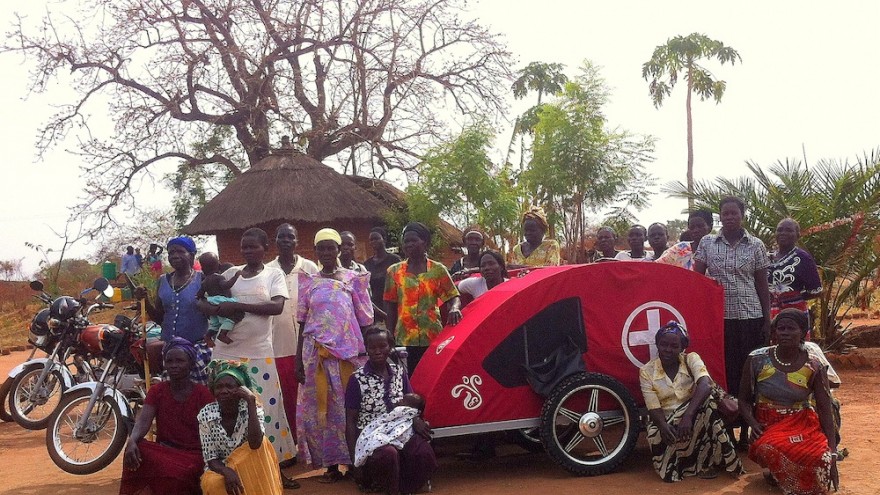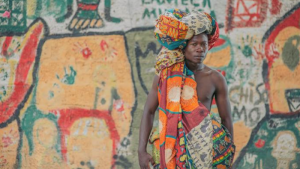Imagine you or a loved one is criticially ill but your only transport to the nearest clinic is a wheelbarrow, an oxcart or the arms of someone strong enough to carry you. For many people living in rural villages in Zambia, Uganda, Congo and Malawi this was a reality, until Zambikes came along.
The non-profit organisation was founded by American social entrepreneurs Dustin McBride and Vaughn Spethmann in 2007. After a trip to Zambia, the pair recognised a need for transport facilities when they discovered that locals in rural communities spend the majority of their income on commuting to and from jobs in the cities. This sparked the idea of bicyles as a solution. Together with their local partners Zambikes Zambia, they started producing affordable, high quality bicycles specifically designed for African roads.
As they became further immersed in the communities, Spethmann and McBride noticed residents had little to no access to local medical clinics. They came up with a design for a two-wheeled ambulance trailer that could easily latch onto a bicycle or motorbike. The steel cart is fitted with a cushioned, reclining bed, a weatherproof canopy and tough motorbike tyres for quick, safe and comfortable travel to the nearest medical facility.
The success of the simple but effective Zambulance trailer is in its ability to dramatically reduce the time it takes to get to a medical clinic, which is typically three to 10 miles away in remote village areas. Time is of the essence for all critically ill or injured patients and is especially important for pregnant women and their babies. More than 800 women die every day from complications in pregnancy and labour, and the Zambulance can help prevent these tragic deaths.
Zambikes has estimated that just one Zambulance trailer at a rural clinic would save at least one life every nine days. The company’s ultimate goal is to cater to nine Sub-Saharan countries by producing and distributing 20 000 Zambulances – enough for everyone in these areas to be able to reach their local medical care centre safely.











